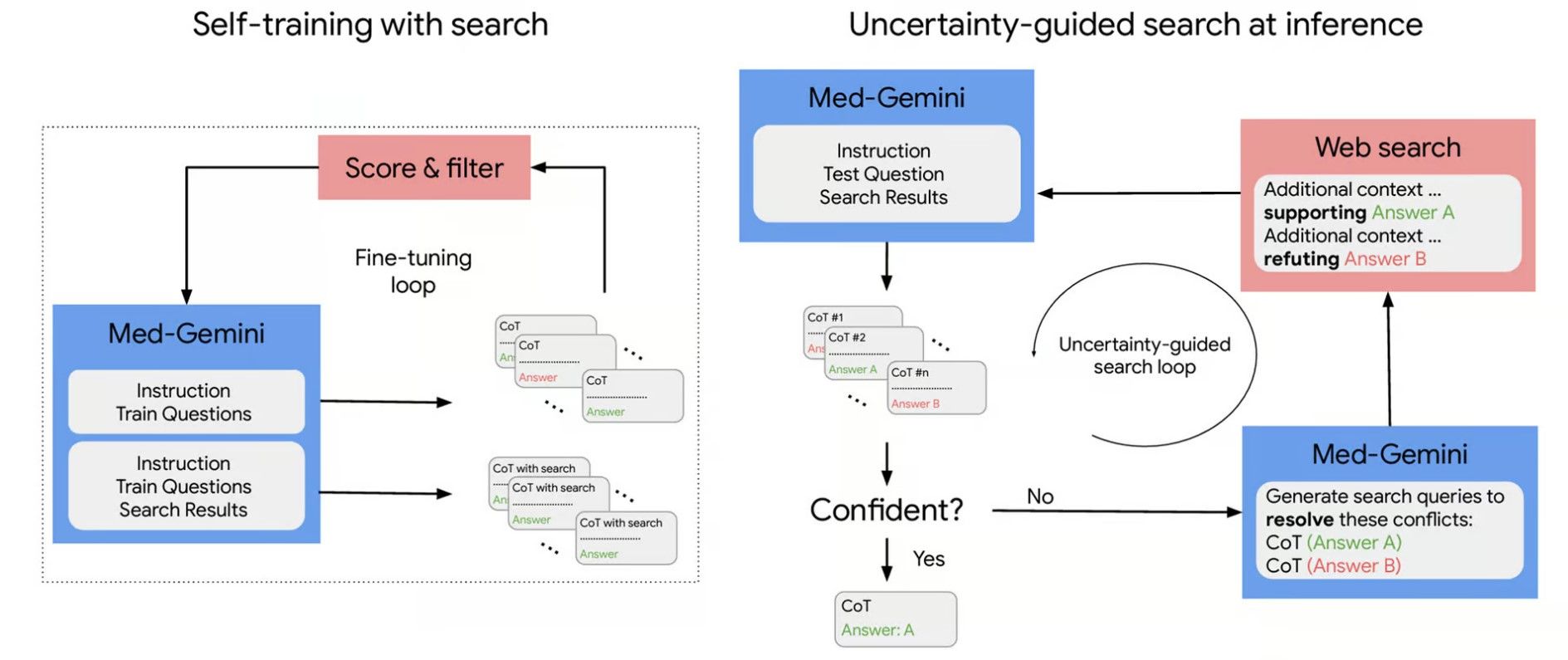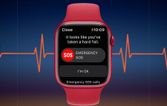
Introduction to Med-Gemini: A New Frontier in Medical AI
In a significant advancement that could reshape clinical diagnostics, Google Research along with DeepMind has introduced Med-Gemini, a sophisticated family of AI models specifically developed for medical applications. This breakthrough represents a significant leap in the application of artificial intelligence within real-world healthcare settings, providing substantial potential to enhance patient care and treatment outcomes.
The Critical Role of AI in Modern Healthcare
Every day, physicians face the complex challenge of treating patients with a wide array of health issues, ranging from the mundane to the highly complex. Effective care requires not only a deep understanding of each patient’s health record but also up-to-date knowledge of the latest medical procedures and treatments. Above all, the essential human element—the doctor-patient relationship—is built on a foundation of empathy, trust, and effective communication. To approach the effectiveness of real-world doctors, AI like Med-Gemini must encapsulate these qualities, pushing the boundaries of technology and human interaction.
AI’s Expanding Impact in Medical Fields
Recently, AI’s role in healthcare has seen rapid expansion. New Atlas has reported several AI developments, such as assisting less experienced doctors in identifying colon cancer precursors, diagnosing autism from eye imagery, and ensuring complete removal of cancerous tissue during breast cancer surgeries. Med-Gemini, however, represents a more comprehensive application of AI in healthcare.

The Advent of Multimodal AI in Medicine
Google’s Gemini models are at the forefront of this new AI era. These multimodal AI models are adept at processing and integrating information across various modalities—text, images, videos, and audio. This ability enables them to perform sophisticated language and conversational tasks, understand diverse data, and engage in what is known as ‘long-context reasoning.’ This involves making sense of vast amounts of data, such as hours of video or extensive audio recordings, a crucial capability for comprehensive medical diagnostics.
Med-Gemini’s Advanced Capabilities
Building on the robust foundation of Gemini models, Med-Gemini introduces tailored enhancements specific to the medical field. These modifications were rigorously tested, with the results detailed in a comprehensive 58-page research paper. The highlights from this paper reveal significant advancements in AI-driven clinical reasoning and diagnostics.
Enhanced Diagnostic and Reasoning Abilities
Med-Gemini integrates deep medical knowledge with a vast array of relevant patient information, including symptoms, medical history, lab results, and responses to previous treatments. This integrated approach is crucial for forming accurate diagnoses and effective treatment plans. A standout feature is its web search capability, which it uses to bolster its clinical reasoning, especially when faced with uncertain medical queries.
Navigating Complex Electronic Health Records (EHRs)
One of the standout challenges in modern medicine is managing and extracting useful information from lengthy EHRs. These records often contain complex data sets with similarities, misspellings, acronyms, and synonyms that can confound even experienced practitioners. Med-Gemini addresses this challenge head-on with a specialized ‘needle-in-a-haystack’ task. This involves sifting through vast amounts of de-identified EHR data to pinpoint rare and critical medical conditions—a task at which Med-Gemini excels.
Real-World Testing and Applications
Med-Gemini was subjected to a series of benchmarks where it demonstrated superior performance. In one notable instance, on the MedQA (USMLE) benchmark, it achieved an accuracy of 91.1%, using its advanced uncertainty-guided search technique. This outperformed all previous models, setting new standards in AI medical diagnostics. Its real-world application potential was demonstrated through practical tests, including diagnosing an unusual skin lesion and accurately interpreting chest X-rays, tasks typically reserved for specialists.
Ongoing Research and Future Directions
While the initial results are promising, Google’s researchers have identified areas for further exploration. These include enhancing the search algorithms to prioritize authoritative medical sources and exploring the application of these AI models in conversational diagnostic scenarios. This ongoing research aims to refine Med-Gemini’s capabilities further, ensuring it can provide even more reliable support in clinical settings.
Ethical Considerations and Future Vision
As AI continues to integrate into healthcare, ethical considerations remain paramount. The development of Med-Gemini includes a strong emphasis on adhering to privacy standards and regulations, ensuring fairness, and preventing the amplification of biases. The vision for Med-Gemini is not just to support healthcare professionals but to do so in a manner that is ethically responsible and beneficial across diverse populations.
Conclusion: A New Era of AI in Healthcare
Med-Gemini represents a significant step forward in the use of AI in healthcare, promising to enhance the capabilities of medical professionals and improve patient outcomes. By balancing advanced technological capabilities with a commitment to ethical practices, Med-Gemini is poised to play a pivotal role in the future of medical diagnostics and treatment, marking a new era of innovation in healthcare technology.

By Andrej Kovacevic
Updated on 14th July 2024